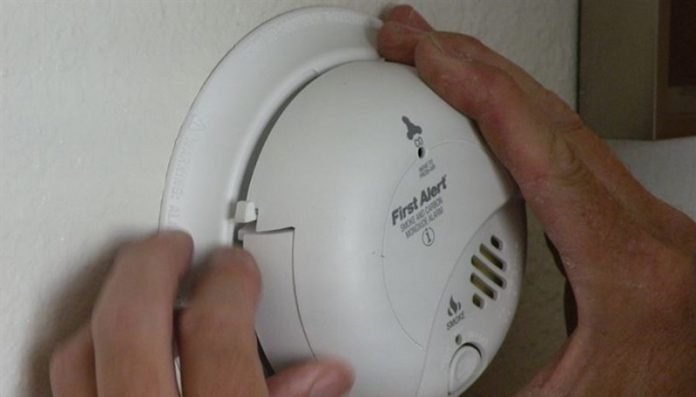Little Rock, Arkansas – On November 6, Daylight Saving Time will come to an end, and the American Red Cross is urging Americans to check their smoke alarms and set their clocks back in order to prevent house fires.
“Home fires claim more lives in a typical year than all natural disasters combined but working smoke alarms can cut the risk of dying in a home fire by half,” said Chris Harmon, Regional Disaster Officer for the Missouri Arkansas Region. “The sooner an alarm alerts you to a fire, the sooner you can get out. When you turn your clocks back this weekend, also test your smoke alarms to help prevent a tragedy in your home.”
According to a news release, among the more than 60,000 crises to which the Red Cross responds each year across the nation, approximately 2,000 people in Arkansas have received assistance from Red Cross volunteers since July 1.
For more information, including an escape strategy to draft and rehearse with your family, visit redcross.org/fire, or search “American Red Cross” in app stores to download the free Red Cross Emergency app.
• When turning your clocks back this weekend, test your smoke alarms and replace the batteries if needed.
• Install smoke alarms on every level of your home, including inside and outside bedrooms and sleeping areas.
• Replace smoke alarms that are 10 years or older. Components such as sensors can become less sensitive over time. Follow your alarm’s manufacturer’s instructions.
• Practice your two-minute home fire escape plan. Make sure everyone in your household can get out in less than two minutes — the amount of time you may have to escape a burning home before it’s too late.
• Include at least two ways to get out of every room and select a meeting spot at a safe distance away from your homes, such as your neighbor’s home or landmark like a specific tree in your front yard, where everyone can meet
According to the Red Cross, they might be able to assist if you cannot afford to buy smoke alarms or are physically unable to install one. For assistance, speak to your neighborhood Red Cross or go to www.redcross.org/SmokeAlarmAR.

